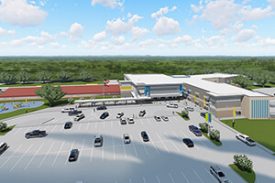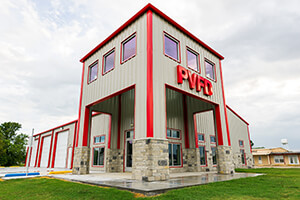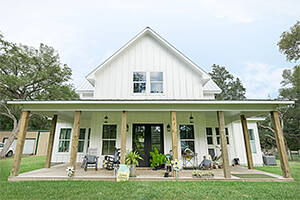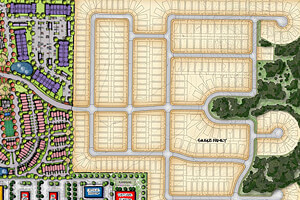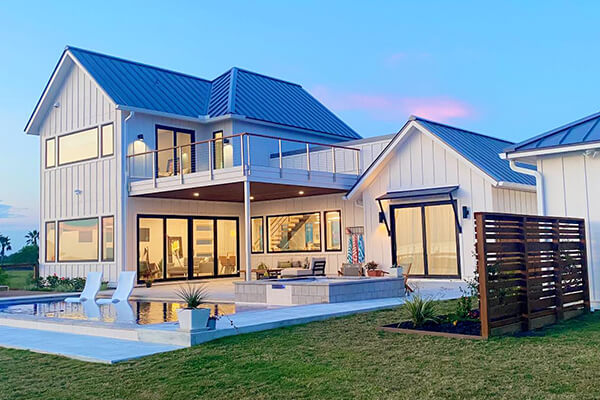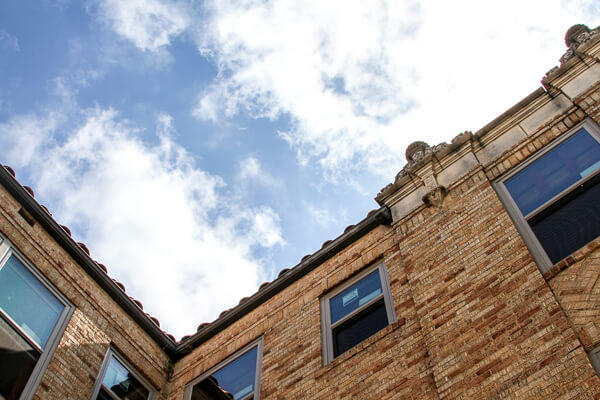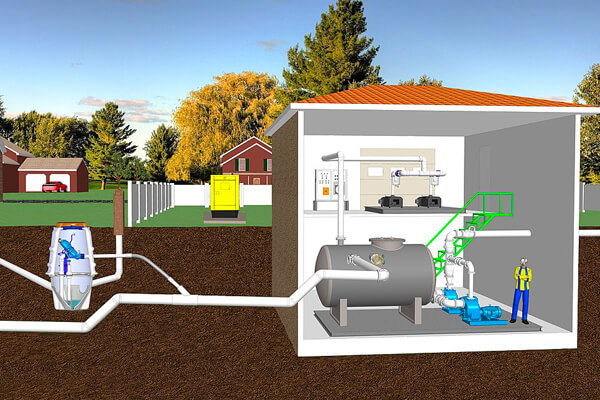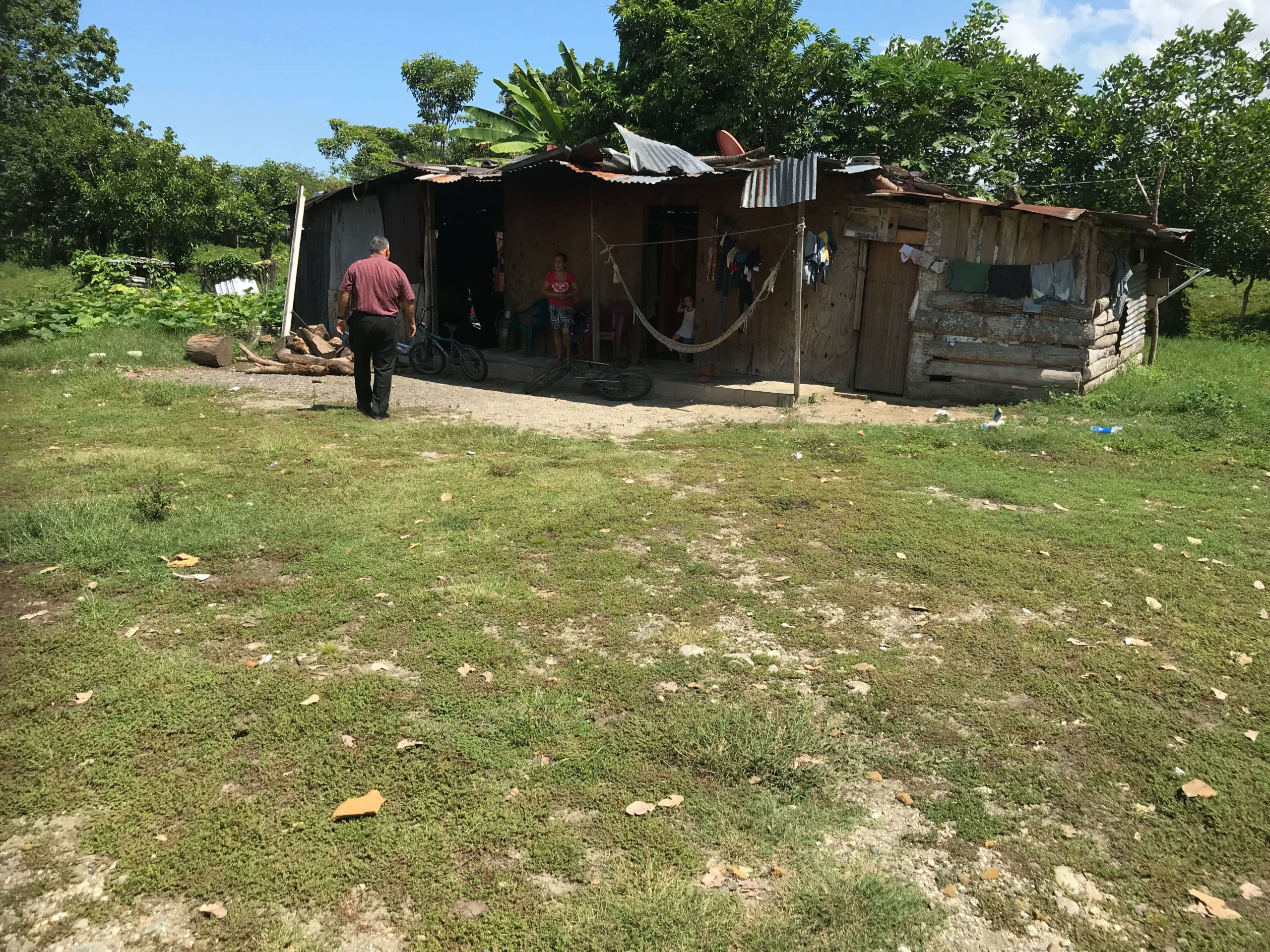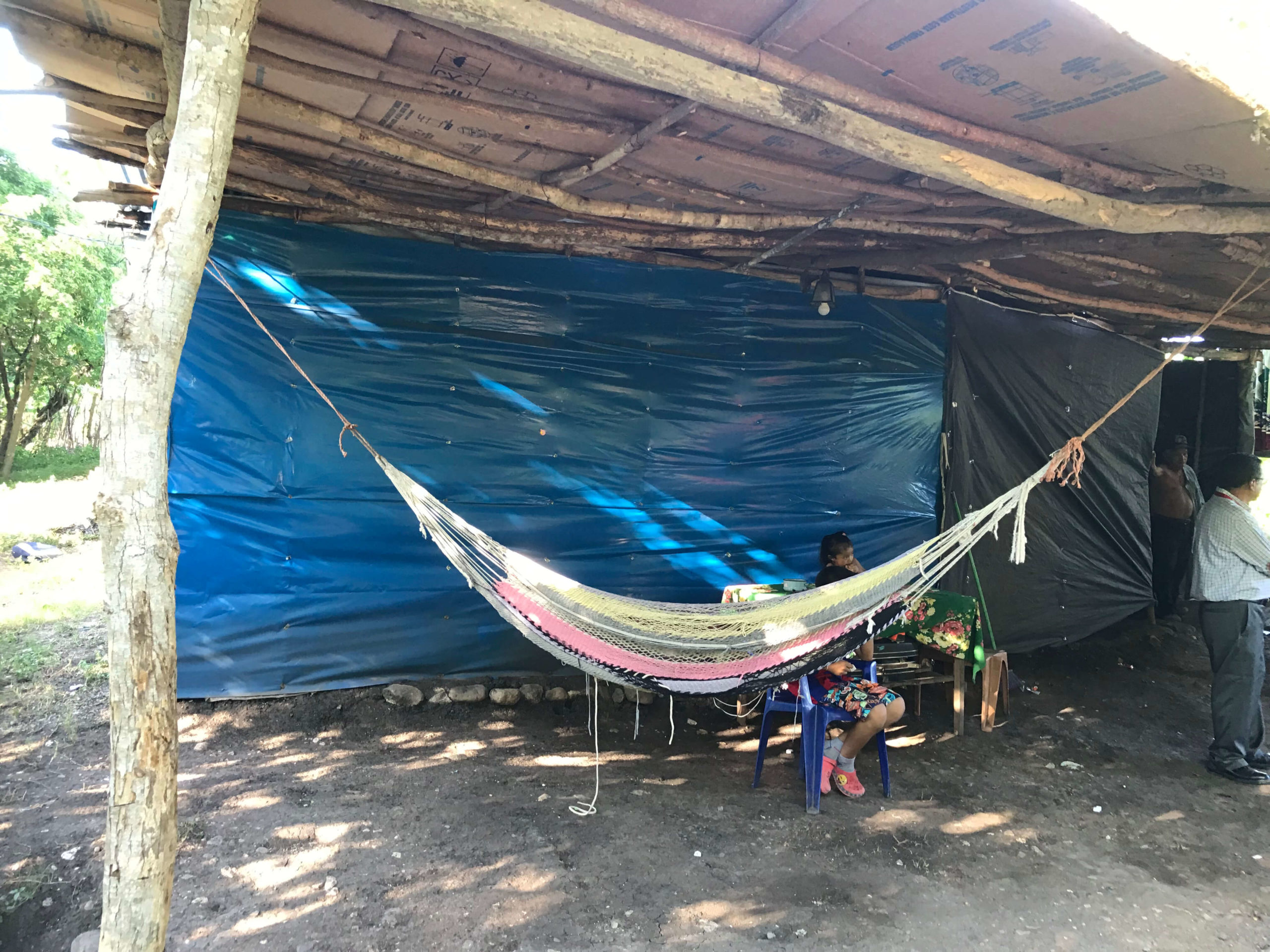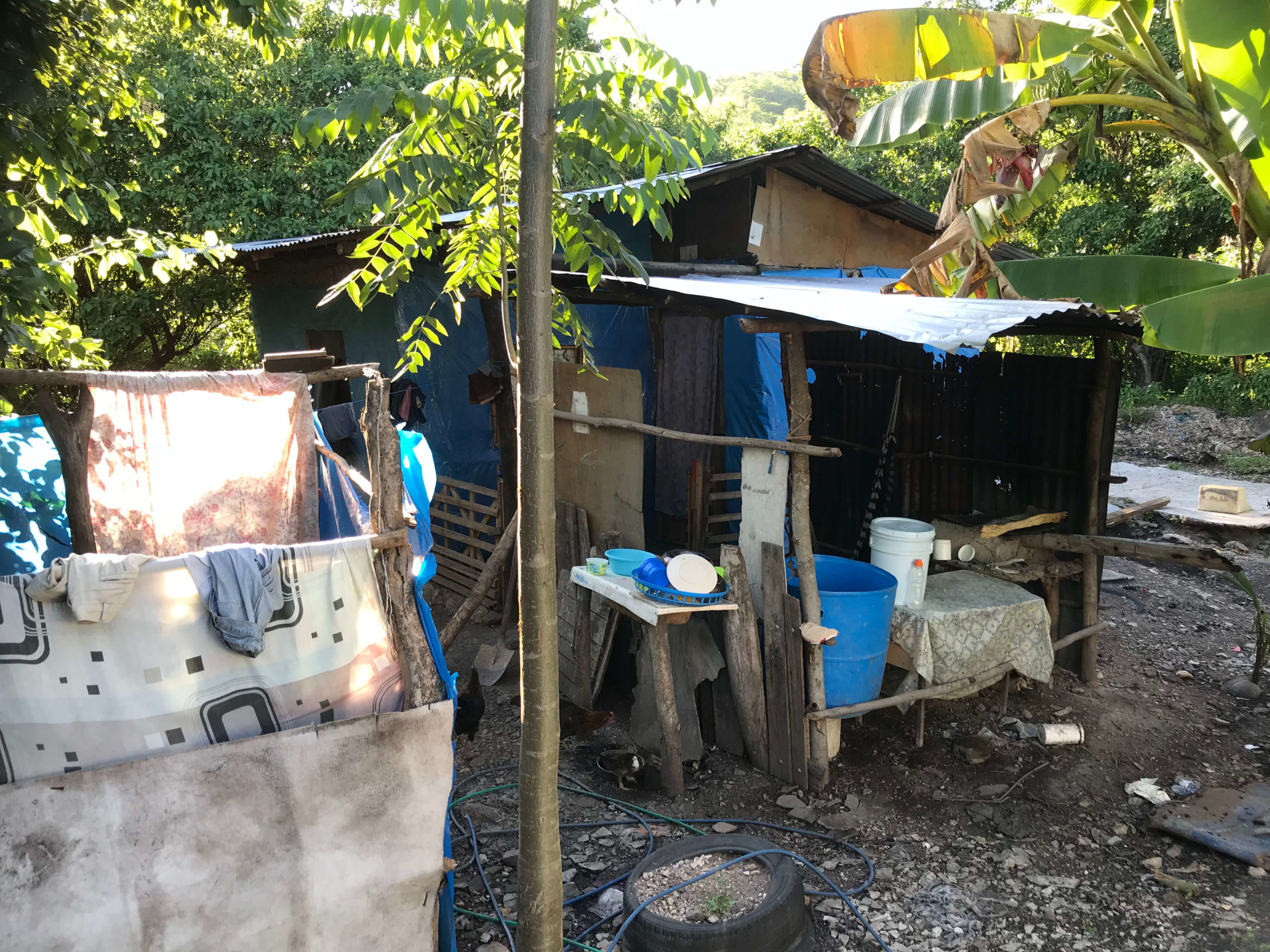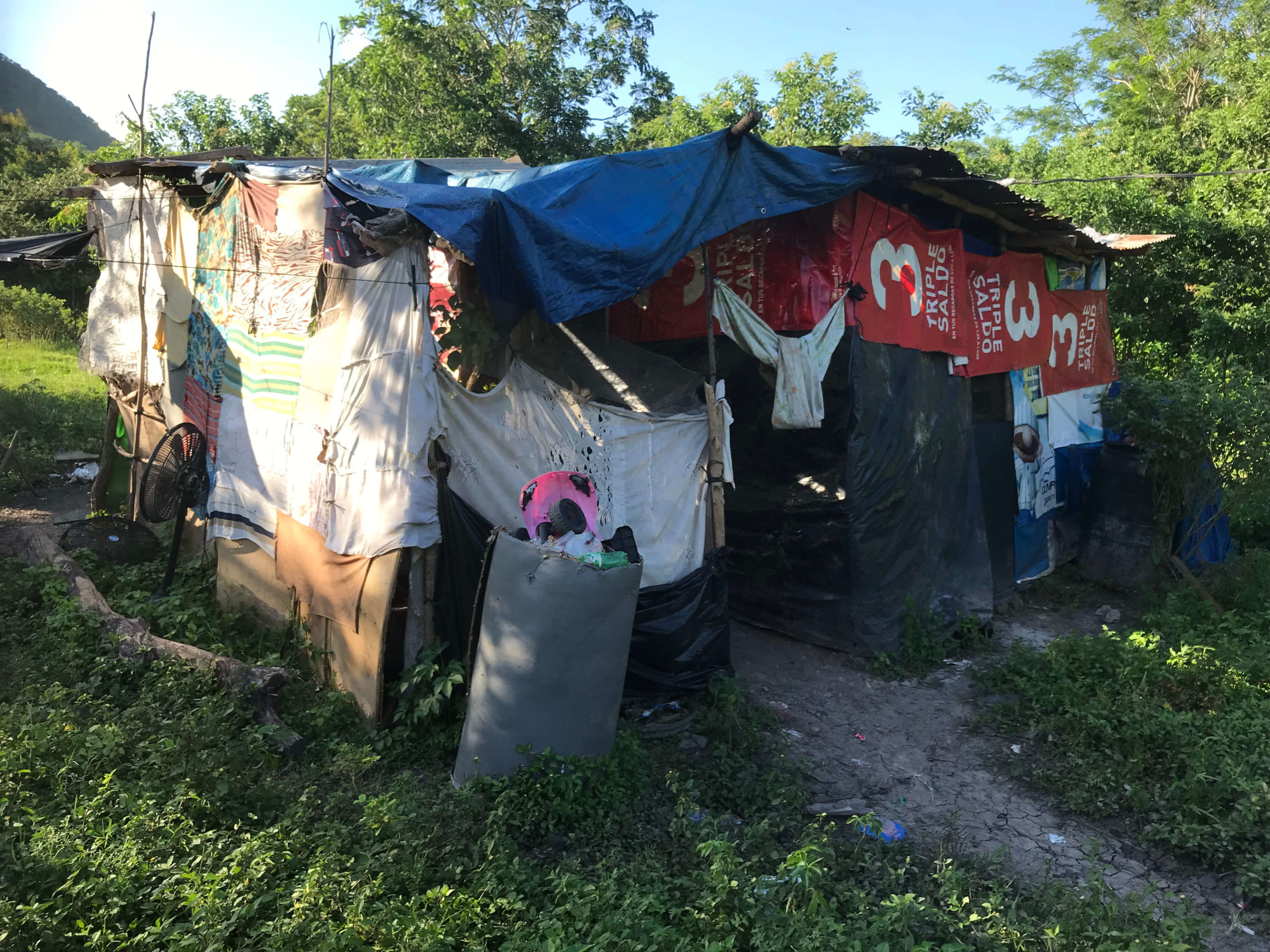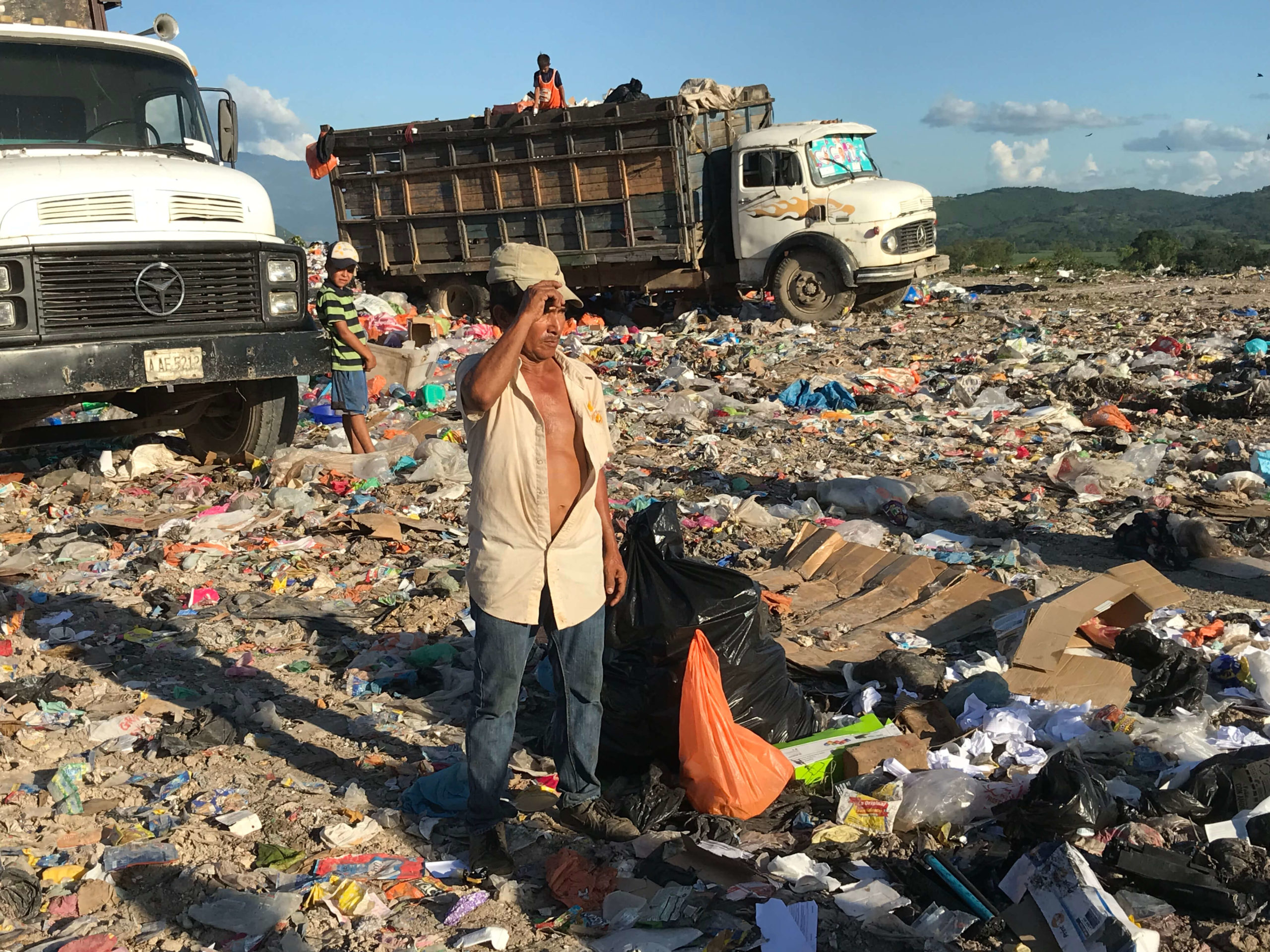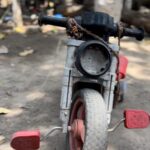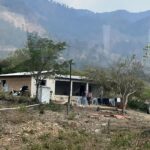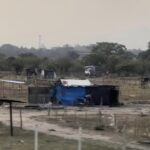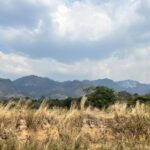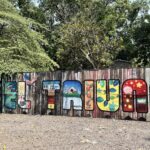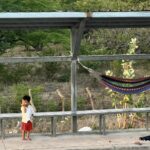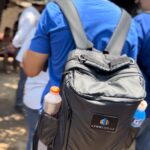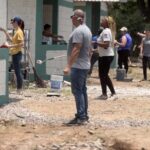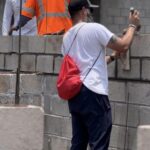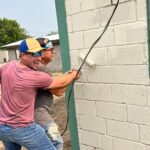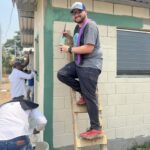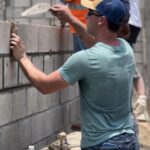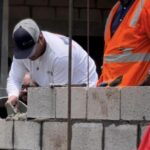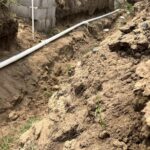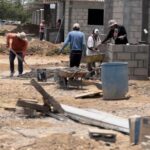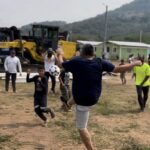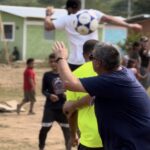- About Us
Resources
"After years of working together, we use Lynn Engineering exclusively and tell the families that we’re building for that they are in good hands."
— Krystle Henson,
KC Coastal, LLC
- ServicesOur team has spent years working throughout the Texas Coastal Bend on projects for both public and private sectors, developing lasting relationships with our clients.
Specializing in designing projects located in the high wind zones of the Texas Gulf Coast. Our experience includes mild reinforced concrete, post-tensioned concrete, timber, steel, and masonry structures.
Windstorm regulations are complex. We will engineer your new construction or alteration project to meet the design requirements of the code.
Land planning, zoning assistance, stormwater analysis and cost estimation for both commercial and residential clients.
Our team has spent years working throughout the Texas Coastal Bend on projects for both public and private sectors, developing lasting relationships with our clients.Specializing in designing projects located in the high wind zones of the Texas Gulf Coast. Our experience includes mild reinforced concrete, post-tensioned concrete, timber, steel, and masonry structures.
Windstorm regulations are complex. We will engineer your new construction or alteration project to meet the design requirements of the code.
Land planning, zoning assistance, stormwater analysis and cost estimation for both commercial and residential clients.
We employ a full-time architecture staff. Our clients benefit from a one-stop shop from planning to design and on to construction.
- Locations
Matagorda, Brazoria, Calhoun, Jackson, Galveston, Chambers and Jefferson Counties
Aransas, Refugio and San Patricio Counties
San Patricio, Nueces, Kleberg and Kenedy Counties
Development in and around the Dallas-Ft. Worth MSA
Matagorda, Brazoria, Galveston, Chambers and Jefferson Counties
Aransas, Refugio and San Patricio Counties
San Patricio, Nueces, Kleberg and Kennedy Counties
Development in and around the Dallas-Ft. Worth MSA
- Projects
Rohe Builders partnered with Lynn Engineering to build a beautiful custom home on the coast in Seadrift, Texas with a wall of large windows that produce beautiful panoramic…
TideWater Properties, a custom homebuilder in Rockport, Texas worked with Lynn Engineering to design and build a beautiful waterfront home on the Texas Gulf Coast.The historic BayTex Hotel on West Sixth Street in Bay City, Texas, first opened in 1927 with 49 guest rooms and a first-floor restaurant, becoming the crown jewel…
The community of Port O’Connor, Texas, south of Victoria on West Matagorda Bay, has experienced growth in recent years. The vacuum or pneumatic sewer system installed in 2000 has been underperforming of late.
Rohe Builders partnered with Lynn Engineering to build a beautiful custom home on the coast in Seadrift, Texas with a wall of large windows that produce beautiful panoramic…
TideWater Properties, a custom homebuilder in Rockport, Texas worked with Lynn Engineering to design and build a beautiful waterfront home on the Texas Gulf Coast.The historic BayTex Hotel on West Sixth Street in Bay City, Texas, first opened in 1927 with 49 guest rooms and a first-floor restaurant, becoming the crown jewel…
The community of Port O’Connor, Texas, south of Victoria on West Matagorda Bay, has experienced growth in recent years. The vacuum or pneumatic sewer system installed in 2000 has been underperforming of late.
- Careers
"The people I work with are interested in me as a person, and not just the job that I do."
— Brandi, Client Relations Specialist
Since August 2016Open Positions
Our Culture
"The people I work with are interested in me as a person, and not just the job that I do."
— Brandi, Client Relations Specialist
Since August 2016
Vision2030: Sustainable Community Development in Honduras
Editor’s Note: This post is a first-person narrative of a recent visit to Honduras by members of the Lynn Engineering team to participate in and experience Vision2030 initiatives. The accompanying video is a special episode of The Next Level Podcast filmed on location in Honduras during the April 2023 visit to El Triunfo.
El Triunfo de Honduras
It’s often said that hope is the most powerful word in the English language. In this Central American country, where many, if not most, live on the equivalent of less than $8 USD per day, the word translates to esperanza.
Honduras is one of the poorest nations in the Western Hemisphere with a gross domestic product of roughly $70 billion. For context, remember that Elon Musk paid $44 billion recently to purchase Twitter.
Purchasing power per capita in the country of 9.5 million is unimpressive, at about $6,500, according to the World Bank and IMF. In the United States it’s ten times higher at $63,669.71. The Honduran Lempira exchanges with the US Dollar at a rate of 24 to 1.
Basically, it’s a nation overrun with poverty. Not the poverty we are familiar with in the United States — but an extreme form of poverty reflected in desperation and strife. Here, the jagged, sawtooth mountainous landscape is littered with debris and refuse. Trash is the unofficial national flower, so it seems.
For those who do have a roof over their heads, makeshift shacks and lean-tos consist of branches and stacks of tires with cardboard walls strung from rope and sometimes a corrugated metal roof. Many times, these small, one-room structures house 5-7 members of a family, where all too often there are children bearing children and taking care of each other.
With the absence of running water, much of the population is relegated to bathe and wash their clothes in the river basin. Efforts for cleanliness are further complicated by the lack of sewer, plumbing and water treatment. The same river in which the impoverished population bathes, washes clothes in and drinks from is the repository of the entire region’s sewage. Not to mention the extreme drought conditions have left these tributaries to the Pacific Ocean all but dried up and barren.
If these afflictions sound dire, it’s because they are. If the situation sounds destitute, it’s because it is.
Here you’ll see people and livestock alike long-suffering as they soldier on in a seemingly futile attempt to survive another day. Horses, cattle, dogs and children stand side-by-side on the sides of the road, picking through piles of litter for any form of nourishment, their ribs exposed and prominent. It’s not uncommon to see a decaying horse or cow carcass on the side of the road, having been overcome by exhaustion, dehydration or starvation. A sad sight for a region with a once-robust cattle industry.
If trash is the national flower, buzzards are the national bird. They circle the sky incessantly. The scavenger bird may be the only creature in the country that eats to its fill.
Entire families trek to the local dumps to pick through trash looking for scraps of a meal, something they can sell or items they can use to construct some form of shelter. Literally hundreds of mothers, fathers and barefoot children comb piles of burning trash for as far as the eye can see, watched over by automatic rifle-wielding soldiers from the Honduran military to maintain order and prevent the free-for-all from descending into total chaos.
A common misconception is that the orange hair seen on the people of these areas is a result of extended exposure to the Central American sun. In truth, the pigment discoloration is due to a nutrient deficiency and is visible evidence of malnourishment.
This description would lend itself to portray the absence of hope of any kind. Why even have the word esperanza in this language, one might ask.
But if five days traveling, observing and engaging with the people of Honduras has shown us anything — it is that hope not only exists but abounds.
These five days were spent with our colleagues from LynnGroup (Lynn Engineering, Lynn Construction, Lynn Development, Lynn Steel Buildings), members of our Beachside project team, our charitable partners at Destiny Global, LLC/King’s Ransom Foundation, international aid organization Food For The Poor, and leadership from the Honduran non-governmental organization (NGO) CEPUDO, our in-country partner and boots on the ground in providing relief and organizing sustainable community development projects.
Our company has a philanthropic mission to positively impact the lives of others — not only members of our team and local communities where we operate, but also across the globe.
So this week, we’re in El Triunfo, Honduras in the department of Choluteca.
We find ourselves here because the local municipality on the Nicaraguan border, led by mayor Cristhian Castillo Alcalde identified a need for his community of roughly 60,000 people. He reached out to CEPUDO and pled for help for his community. Leadership at CEPUDO vetted the request and agreed. The NGO then sought support from international partners to fund the project.
Food For The Poor picked up the mantle and gave a voice to this impoverished population, and began connecting resources to the need. One such organization they approached was King’s Ransom Foundation, the philanthropic arm of a Texas-based training and personal development organization our engineering, construction and real estate development companies have a business relationship with.
That’s a 30,000-ft. view of how our team of engineers, construction and real estate development professionals in Texas came to know Thomas.
Thomas is a 52-year-old Honduran man. He’s a hard worker, mainly picking up odd jobs in construction and agriculture. He suffers from a bad back, a result of 52 years sleeping wherever he can find shelter. He’s never had a home to call his own, much less a bed.
It’s the same way that we were able to meet Leonardo, a husband and father that wants badly to provide a better life for his 11-year-old son than the dump scavenging existence he’s known his entire life.
We also met Israel and his wife, Milania. Israel is a carpenter. Milania sells trinkets and candy out of a small roadside stand, while also washing other people’s clothes for a small pittance here and there. They live on the banks of the Choluteca River, or where it used to flow rather.
Their cardboard and scrap metal home is situated just beyond a concrete bridge and aqueduct spanning a large, dry ditch. The only thing flowing in the river lately is plastic, tires and other waste products.
However, the occasional tropical storm blowing in from the Pacific Ocean will induce flash flooding, and more than once in their lives they’ve lost their shelter and possessions to the raging tide and mudslides that accompany a rare saturation of the area.
With two young daughters now in their care, they seek refuge elsewhere for their safety and hope of a better life.
Thomas, Leonardo, Israel and Milania have persisted all their lives, and despite many obstacles, tragedies and failures of the government charged with serving and protecting them, they’ve somehow managed not to lose hope.
And for that, their hope is being rewarded.
CEPUDO, supported by Food For The Poor, in partnership with King’s Ransom Foundation, and supported by the teams at Beachside and LynnGroup are building homes for Thomas, Leonardo, Israel and Milania, and their children.
More than these three families, the partnering agencies and organizations are developing a self-sustainable community with 156 sturdy concrete homes, streets, sewer, running potable water, and electricity.
For the first time in their lives, they’ll have windows and doors that lock. They’ll have toilets that flush and private showers. They’ll have a piece of property deeded to them to call their own, with tools, training and resources to generate income for their families.
They’ll have light in the dark, literally and figuratively.
The community features a large, air-conditioned community center, two large, deep water wells and towers, gardens to grow produce for consumption and sell at market, and a contained wastewater treatment plant to protect the health and safety of the residents and surrounding areas.
Each home is furnished with beds and linens, tables and chairs, lights and fans.
Thomas has never taken a shower in his 52 years of life. That’s about to change.
Leonardo’s son has never known life outside of the dump. That’s about to change.
Israel and Milania’s daughters have never slept in their own beds. That’s about to change.
Yes, at LynnGroup we engineer, design, develop and construct large communities and impressive structures in Texas. At Beachside, we’re developing a luxury, gated, waterfront community.
And yes, we’re giving back locally, we’re supporting local charities and little league teams. We’re contributing to food pantries across Texas and delivering Christmas gifts to those in need back home. We’re giving a hand up any time we can.
But in Honduras, we’re working toward generational change. We’re striving toward restoring human dignity. We’re giving a voice to a population that for generations has been without one.
The community name of El Triunfo is one of hope, translated it literally means triumph.
And that triumph is coming to fruition for Mayor Christian and his community. That triumph is the reward for the hope of Thomas, Leonardo, Israel and Milania.
Soon, Thomas, Leonardo, Israel, Milania and their children will know what it is to sleep in their own bed, protected from the elements, the ability to bathe in private with clean water. They will never sleep on dirt floors again. Nor will their children or their children’s children.
That is generational change. That is triumph, brought forth as the reward for long-suffering hope.
Esta es el triunfo de Honduras.
